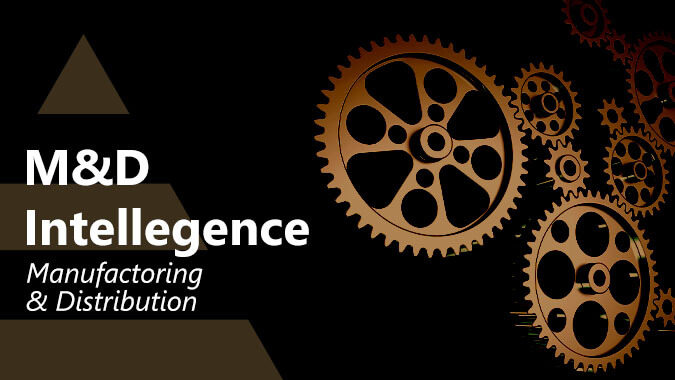
State and Local Tax Issues Surrounding COVID-19
- Published
- Aug 19, 2020
- Topics
- Share
In this episode of “The Bottom Line,” Tim Schuster of EisnerAmper’s Private Business Services Group discusses some of the state and local tax (SALT) issues related to COVID-19, including nexus and the implications of a remote workforce.
Transcript
Dave Plaskow: Hello, and welcome to The Bottom Line. This podcast examines the everyday business and financial issues, faced by closely held and private businesses. We have to provide you with news you can use, and what we like to think of as a jargon free zone. I'm your host, Dave Plaskow, and with us is Tim Schuster, a senior manager in EisnerAmper private business services group. Today, we'll discuss with Tim, some of the state and local tax issues impacted by COVID-19. Tim, nice to talk to you again.
Tim Schuster: Hey, Dave. Let me tell you, it's good to virtually see you, as always, my friend.
DP: So, let's get right to it, Tim. What are some of the state and local tax issues that businesses should be aware of as a result of the current pandemic?
TS: Yeah, absolutely. There's so much going on, right? There's all these different stimulus packages that have been passed and quite frankly, we'll be continuing to pass as the year is going to be progressing. And state and local matters are honestly starting to become an issue. Most employees that can perform their job at home have probably for the most part, predominantly, stayed at home. And this honestly, can cause some NEXUS concerns with states. For the most part, personal income taxes and withholding should be sourced to where the employee is performing the service. But what does that mean? Right? There is a real possibility that we have workers that live in, let's just say Delaware, who used to work in New Jersey and vice versa, where their wages and withholdings are honestly, properly or improperly sourced.
DP:Okay. Now, for those of our listeners who aren't familiar with the term NEXUS, tell us what that's all about.
TS:Of course. So, NEXUS is a tax presence in a particular state, and I'll be honest, for NEXUS related matters, I would advise speaking with a member of our state and local team to perform a review of possible issues that COVID-19 has brought. Each jurisdiction has different rules, and working with the state and local expert would be advantageous. There is strong possibilities, due to a remote workforce, that companies have new state and local requirements that they didn't have before.
DP:What about any other state and local tax issues that our listeners should be aware of?
TS:Yes, absolutely. So, along with possible withholding issues for employees, there could also be additional tax filings that a business would have to consider. So, let's say you're a business owner in Pennsylvania with one location of operation, and your workers would travel to the company site to perform their functions, right? That's not farfetched. Not taking anything else into consideration, most likely, the business would just have NEXUS in Pennsylvania.
DP:Okay. So, with basically everyone working from home these days, how does the remote workforce play into all of this?
TS:So, this is interesting. So, now with most employees working remotely and located in, let's say a surrounding state, West Virginia, Maryland, Delaware, New Jersey, just to name a few, NEXUS thresholds, to require tax filings for most states, is shockingly low. There is a real possibility that the same business that I mentioned in my previous example, might have to file in all the states that remote workers are located, and this could cause a massive increase in required compliance with a state a business has remote workers in. I would highly advise speaking with your trusted advisor as soon as you can to address these concerns. The last thing I want any business owner to be concerned with, is a state knocking on their door, looking for money down the road.
DP:Okay. Good stuff, and definitely something that affects a lot of workers. So, it's about that time, Tim, for one of your patented New Jersey historical society fun facts.
TS:Absolutely. This wouldn't be a good state and local podcast without a good state fun fact. This is a very interesting fact, and honestly, it surprised me as well, did you know that New Jersey has more race horses than Kentucky? I was shocked to hear that actually.
DP: I read that not too long ago, but before that, I had no clue.
TS:Absolutely. I always think of Kentucky, and the race horse capital, but nope, we got them here in New Jersey.
DP:Well, thanks Tim, as always.
TS:You're welcome, Dave, and it's my pleasure.
DP:Thank you for listening to The Bottom Line, as part of the EisnerAmper podcast series. Visit eisneramper.com for more information on this, and a host of other topics, and join us for our next EisnerAmper podcast when we get down to business.
Also Available On
What's on Your Mind?
Start a conversation with Timothy
Receive the latest business insights, analysis, and perspectives from EisnerAmper professionals.












